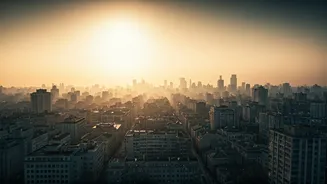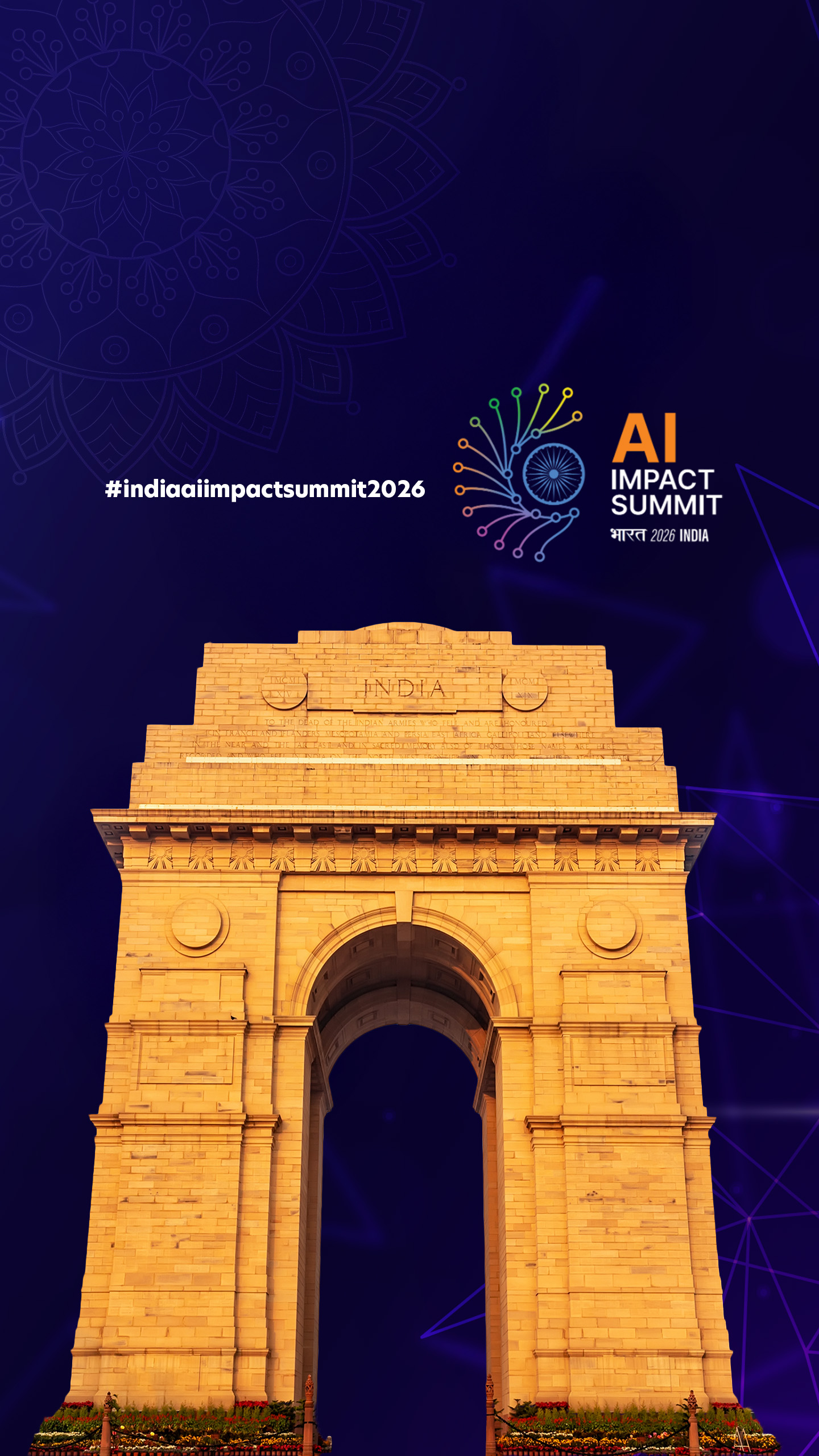Diwali's Pollution Impact
As Diwali festivities unfolded, the Delhi-NCR region experienced a significant surge in air pollution, impacting the air quality significantly. The Air
Quality Index (AQI) soared, with Delhi's AQI hitting a concerning 354 on Diwali morning. This indicates 'very poor' air quality across the National Capital Region (NCR). The increase in pollution is typically associated with the burning of firecrackers and increased vehicular traffic that happens during the Diwali celebrations. This rise poses serious health risks for the residents and necessitates immediate attention to safeguard public health and well-being. It is important to know about the impact to prepare.
AQI Levels Explained
The Air Quality Index (AQI) serves as a crucial metric for evaluating air quality. The AQI of 354 recorded on Diwali morning in Delhi represents a 'very poor' category. AQI levels are categorized to communicate pollution levels clearly. When air quality falls into the 'very poor' category, the air quality becomes a serious health risk for people of all age groups. It's recommended that people, particularly those with existing respiratory issues, avoid prolonged exposure to outdoor air. This includes people who are more vulnerable such as children and elderly individuals. The categorization helps people understand the severity and how to adjust their behavior to reduce exposure.
Health Risks Outlined
The 'very poor' air quality poses serious health risks to residents of Delhi-NCR. Inhaling polluted air can cause a range of health issues, with respiratory problems being the most immediate and common concern. People with existing conditions like asthma and bronchitis may experience worsening symptoms, including increased coughing, breathlessness, and chest discomfort. Furthermore, the pollutants in the air can irritate the eyes, nose, and throat. Long-term exposure to high levels of pollution is linked to chronic diseases, including cardiovascular issues. The severity of the impact depends on factors like the length of exposure, the concentration of pollutants, and the individual's overall health and well-being.
Safety Measures Advised
To protect health, it is important to follow specific safety measures. Reducing exposure to polluted air should be a priority. Staying indoors as much as possible, especially during peak pollution hours, is essential. When venturing outside, wearing a high-quality mask, such as an N95 or equivalent, can provide significant protection by filtering out harmful particles. People with pre-existing conditions and vulnerable individuals should be extra cautious. Regular health monitoring is crucial, and it’s important to seek medical advice for any respiratory symptoms. Promoting awareness and staying updated on real-time AQI levels ensures informed actions. This also includes using air purifiers indoors and avoiding activities contributing to pollution to help improve overall air quality.
Long-Term Solutions Needed
Addressing the air pollution problem in Delhi-NCR requires a comprehensive and long-term approach. This includes implementing stricter regulations on industrial emissions and vehicular traffic to limit pollutants released into the air. Promoting the adoption of cleaner technologies and fuels is another critical step, including encouraging the use of electric vehicles and renewable energy sources. Strengthening public transportation systems can help reduce the number of private vehicles on the road, further decreasing emissions. Moreover, increasing public awareness about the causes of pollution and the measures needed to mitigate them is essential. Combining these initiatives can make a substantial difference in air quality, supporting public health, and leading to an improved environment.















